Dak Lak is currently considered a “golden land” for agriculture with more than 1.3 million hectares of agricultural land, of which 843,000 hectares are being effectively cultivated. The agricultural sector contributes nearly 40% of the province’s economic value, with key export items such as: coffee, pepper, cocoa, rubber, macadamia, durian, seafood, etc.
After nearly 10 years of implementation, restructuring of the agricultural sector has been promoted in all areas, creating a clear change. The development direction is no longer simply increasing area and output but focusing on circular economy, ecological agriculture, considering the environment, resources and cultural identity as the foundation to increase product value.
Dak Lak has formed many sustainable coffee growing areas; organic rice, reducing emissions; applying high technology in aquaculture and seafood processing in the eastern regions of the province; applying Blockchain to trace the origin of coffee, drones and smart sensors in the production of rice, sugarcane, cassava... Current production models have gradually reduced dependence on chemical fertilizers, increased the proportion of organic fertilizers, applied smart technology and safe production standards. Deep processing, post-harvest preservation and e-commerce activities are promoted, contributing to keeping more added value in the hands of producers.
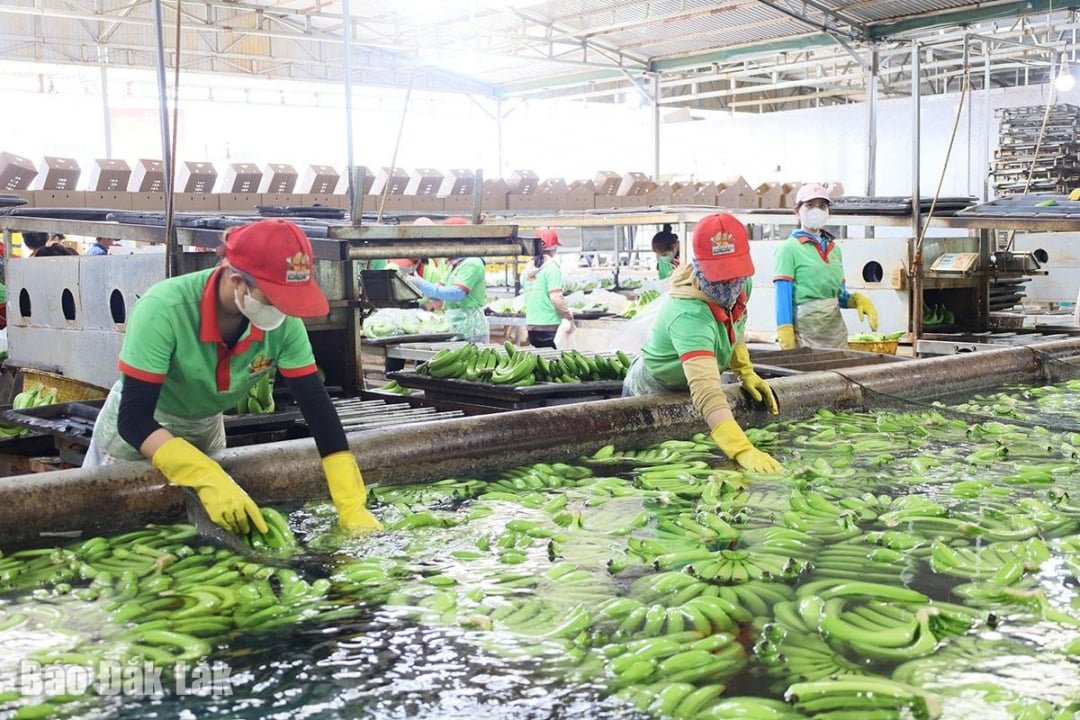 |
| Fresh banana processing process before packing for export at Banana Brothers Farm Joint Stock Company. |
A typical example of green production is the 150-hectare South American banana planting project in Ea Rieng commune of Banana Brothers Farm Joint Stock Company (BBF). This project is invested in the direction of circular farming, applying modern technology in the entire production process to create products that meet official export standards.
Not only building irrigation systems, transport pulleys and cold storage, BBF also applies digital agricultural management software, allowing detailed monitoring of each banana tree. Thanks to that, the company's banana products have been stably exploited, achieving an average yield of 65 tons/ha/year. Each year, the company officially exports over 6,500 tons of bananas to the international market.
According to Ms. Dang Thi Thuy, Deputy Director of the Department of Agriculture and Environment of Dak Lak, orienting towards green, clean, circular and sustainable agriculture is the top goal. Although there are still many challenges such as traditional farming habits, capital and technical difficulties, but with initial results, Dak Lak is gradually realizing the dream of becoming the center of green agricultural production of the whole country.
The most important highlight in the restructuring process of the agricultural sector is the formation and development of value chains. From there, agricultural products are not only sold fresh but also deeply processed, increasing their value.
Dak Lak has many opportunities to become the center of green agricultural production in the country, contributing to the implementation of sustainable development goals, emission reduction and climate change adaptation. However, to promote green agriculture, in addition to the efforts of farmers and businesses, it is necessary to have close support from management agencies in completing procedures, providing technical support and removing difficulties for localities. Mr. Nguyen Quoc Manh, Deputy Director of the Department of Crop Production and Plant Protection (Ministry of Agriculture and Environment) |
In Krong Buk commune, the durian gardens in straight rows have been attached with QR codes on each tree. With just one phone scan, all information from varieties, fertilizers, to care processes are clearly displayed. This is not only a new way of doing things of Hoang My Tay Nguyen CNC Agriculture Joint Stock Company but also a vivid proof that Dak Lak is gradually building a transparent and sustainable value chain for agricultural products.
If in the past, farmers mainly sold raw products, depending on traders, now the linkage chains are moving towards sustainable development: stabilizing output, increasing product value, protecting growers' interests. For example, Krong Pac commune has become a key durian area with 2,800 hectares (estimated output in 2025 is 42,000 tons). Of which, 764 hectares meet VietGAP standards and 37 growing areas are granted official export codes. Currently, a number of cooperatives in the commune such as: Clean Agriculture Service Cooperative, Green Agriculture Cooperative, Krong Pac Organic Durian Agricultural Cooperative... are building a transparent and responsible durian linkage value chain. In livestock farming, many chicken and pig farms have signed contracts with the company to ensure seed sources, techniques and stabilize output, significantly reducing the situation of "good harvest, low price".
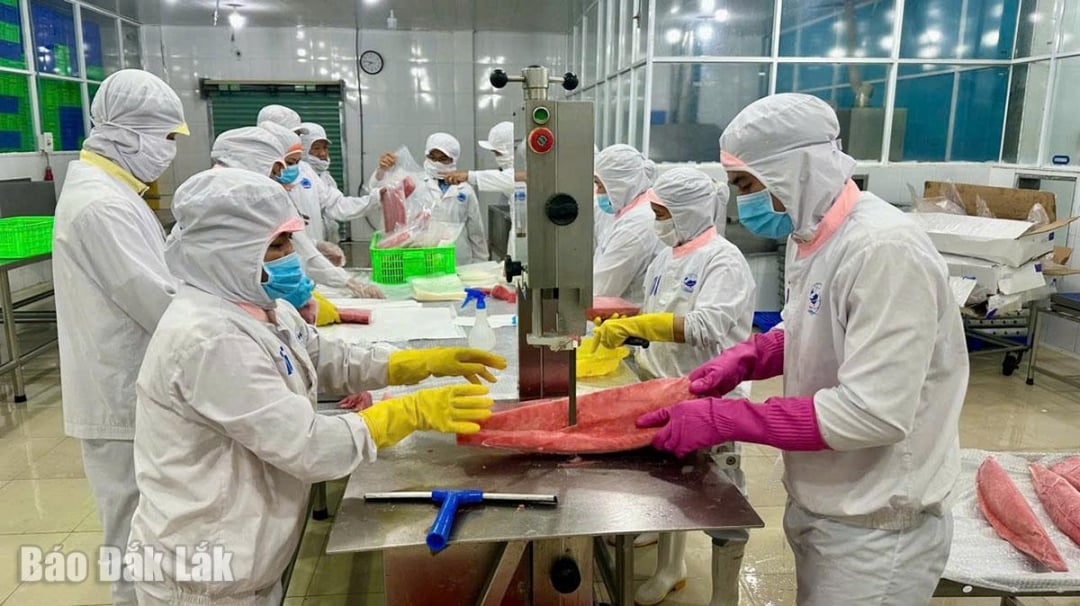 |
| Processing ocean tuna, a 4-star OCOP product at Binh Minh Seafood Company Limited (Tuy An Dong commune). Photo: Ngoc Han |
In particular, restructuring the industry has created a lever for rural economic development, with a variety of industries, services, and community tourism associated with OCOP products. Currently, the whole province has 764 OCOP products, including 2 5-star products; 50 4-star products and 656 3-star products. This is also a concrete demonstration of the change in thinking from production to agricultural economy. In addition, trade promotion activities are increasingly systematic. In 2024, hundreds of Dak Lak enterprises were connected to supply and demand, signing cooperation agreements worth billions of VND. The Industry and Trade Fair and OCOP gathered more than 250 booths, helping local specialties get closer to the modern distribution system and e-commerce. Along with that, creating a foundation to build a brand of clean and green agricultural products for the whole region.
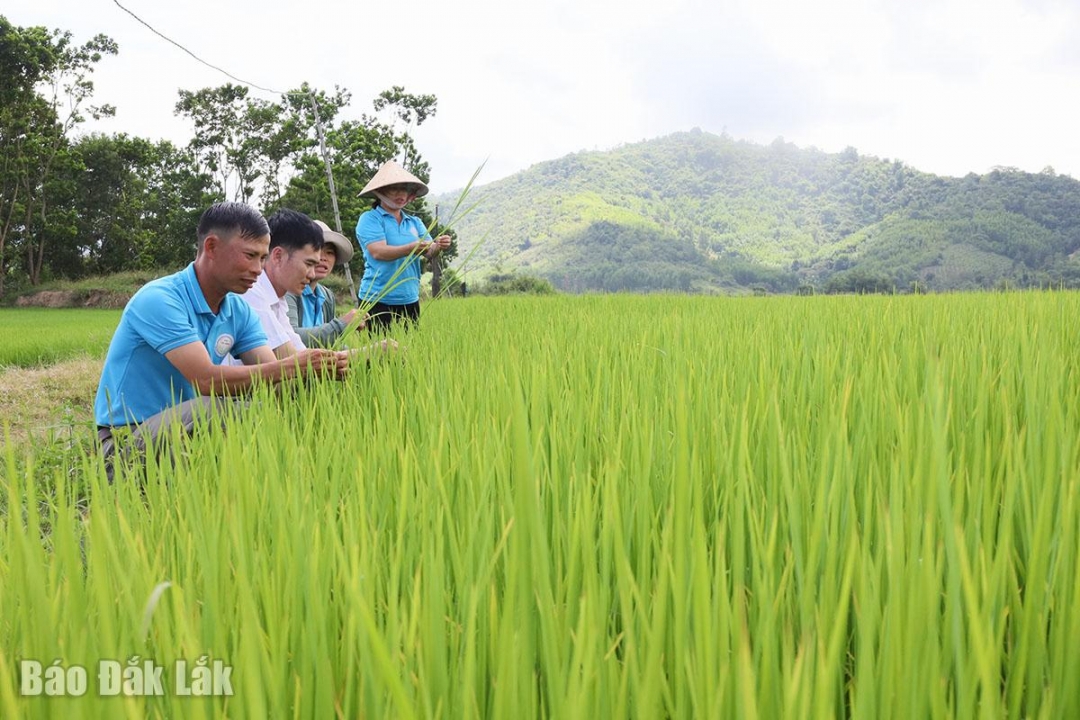 |
| VietGAP certified rice growing area of Tan Hung Agricultural - Forestry Service Trade Cooperative (Vu Bon commune). |
According to the Department of Agriculture and Environment, in the coming time, the provincial agricultural sector will continue to fully grasp the agricultural economic thinking; focus on synchronously implementing key tasks of restructuring the agricultural sector, towards multi-value agriculture, clean agriculture, organic agriculture, circular agriculture, and responsible agriculture to create a breakthrough for Dak Lak agricultural products to reach demanding global markets.
Source: https://baodaklak.vn/kinh-te/202508/qua-ngot-tu-tai-co-cau-nganh-nong-nghiep-3791529/









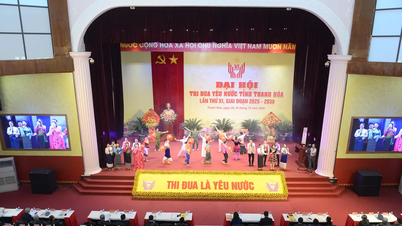

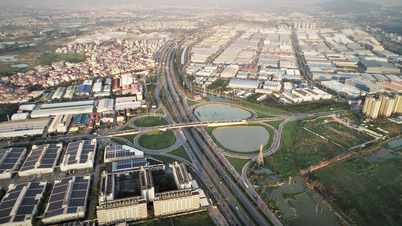

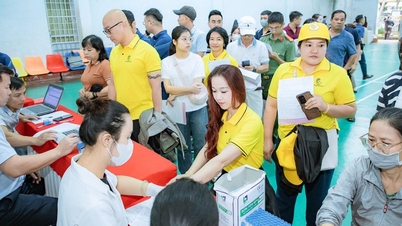


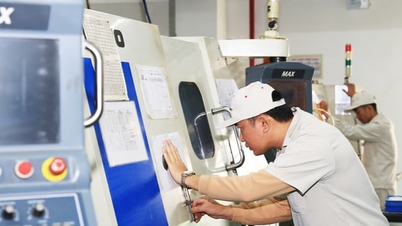

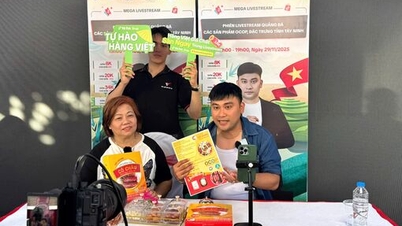

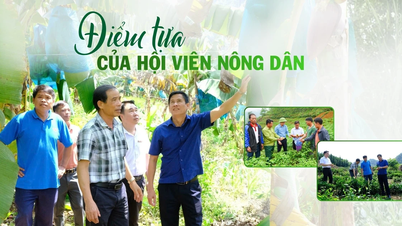

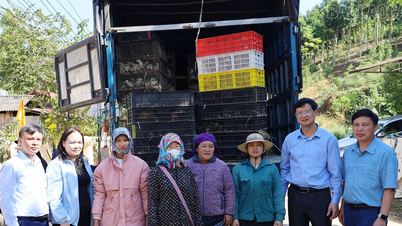

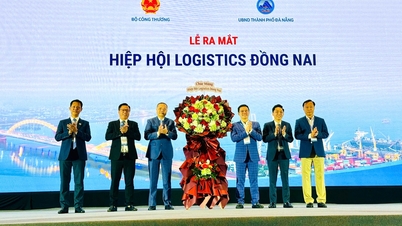





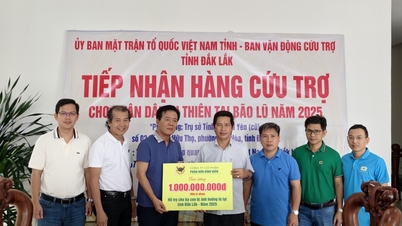
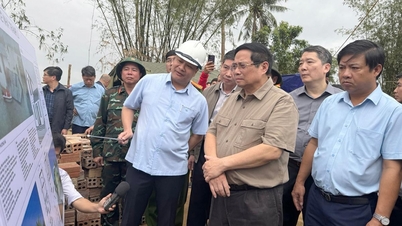
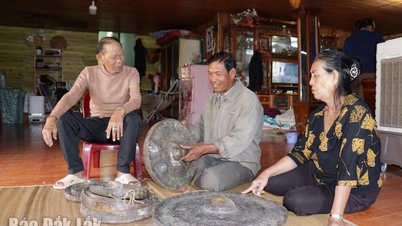
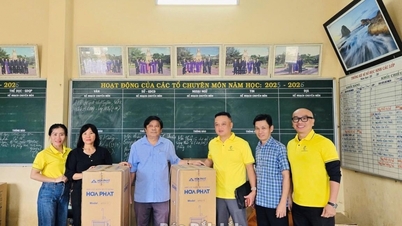
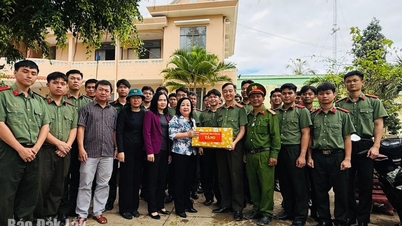
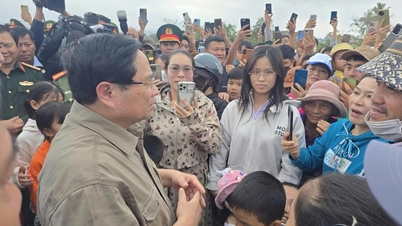





































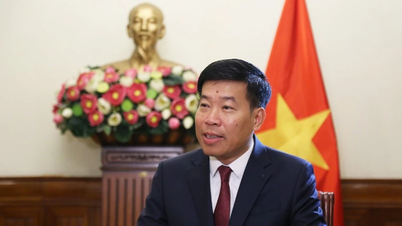
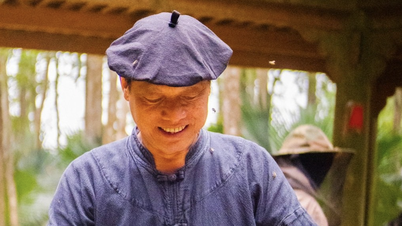















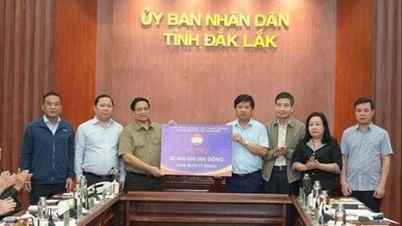


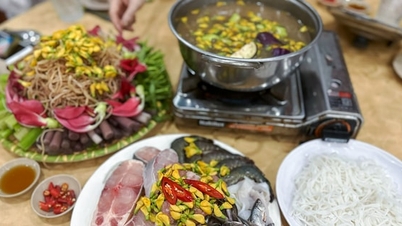
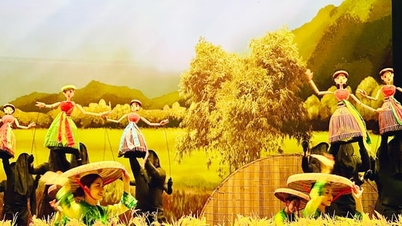

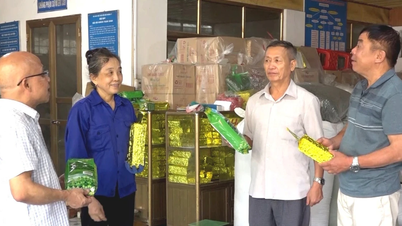










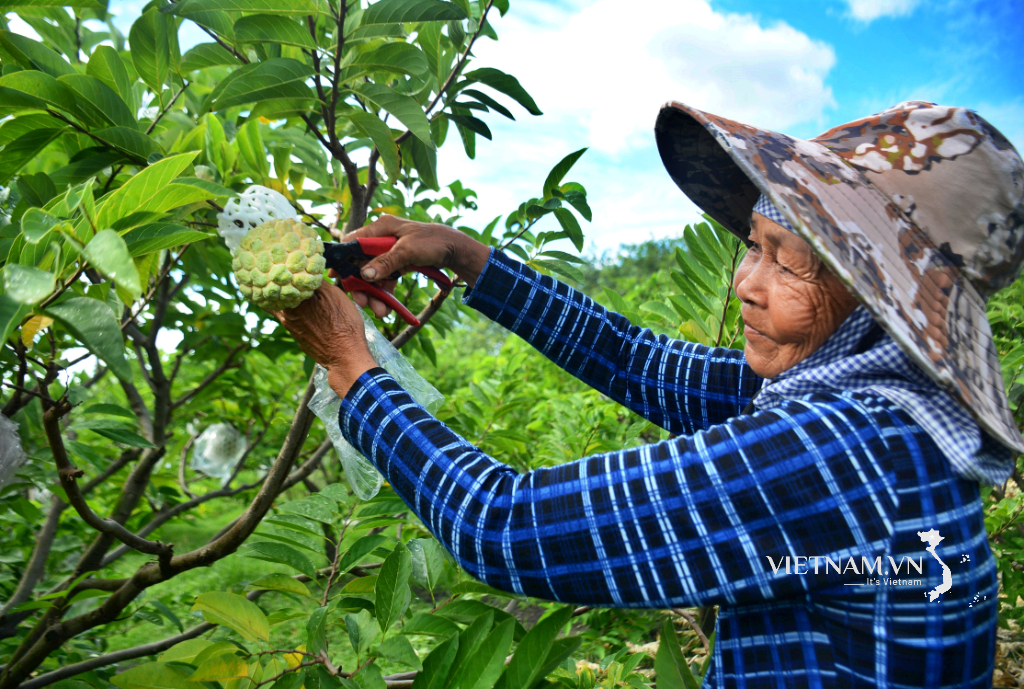
Comment (0)